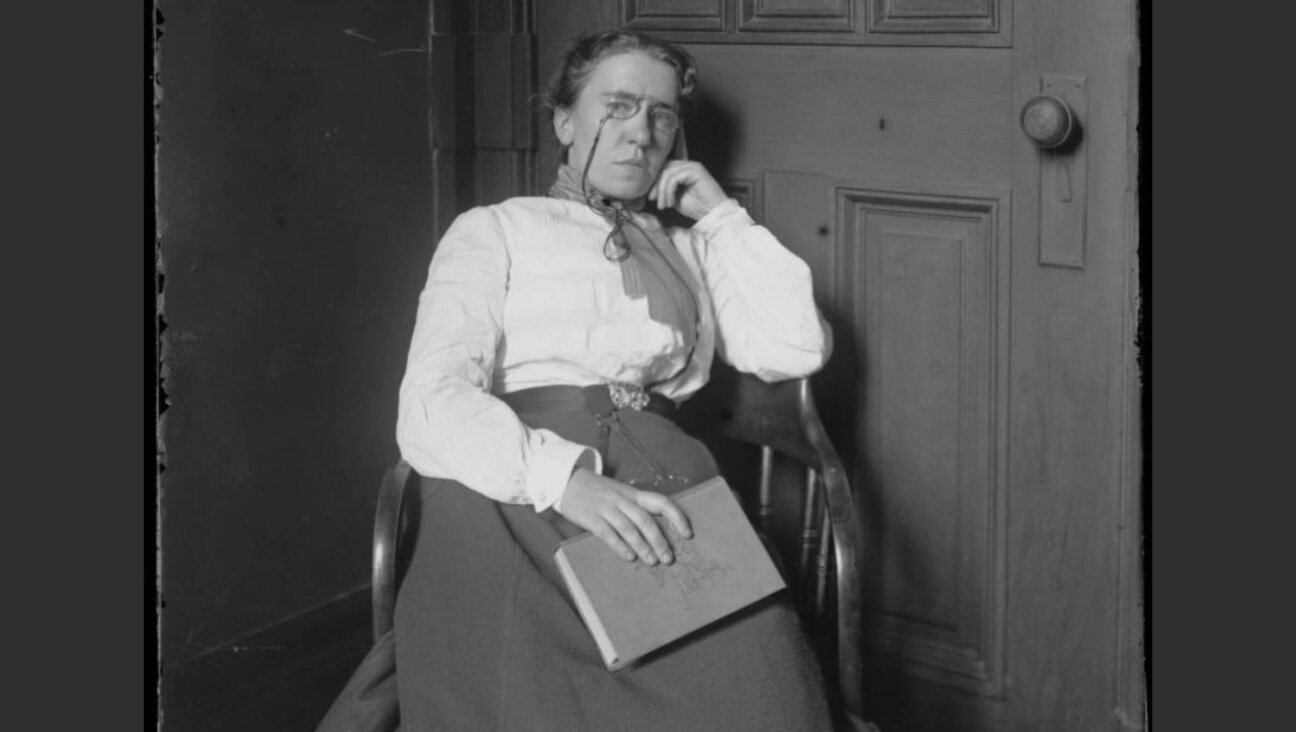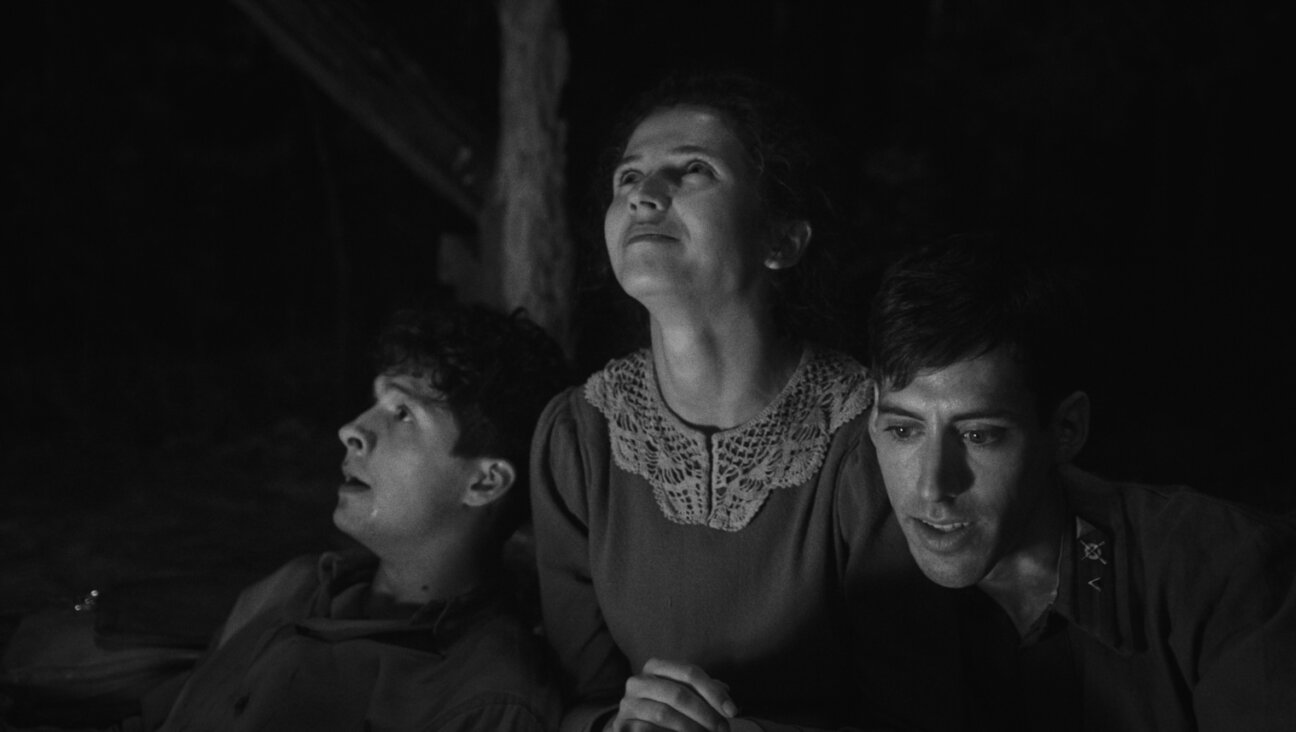The Boy From Baku
The Orientalist: Solving the Mystery of a Strange and Dangerous Life
By Tom Reiss
Random House, 464 pages, $25.95.
* * *|
The arid, windswept capital of Azerbaijan is not a tourist mecca. Most travelers to Baku come in search of oil, not romance. But for many Azeris and not a few foreigners, a trip to this desert metropolis of dust, derricks and derelict buildings is nothing short of a pilgrimage. Guided daily along wide boulevards and labyrinthine alleyways, the romantic faithful come to Baku to trace the paths of literary lovers Ali and Nino.
Published in 1937 under the pseudonym Kurban Said, “Ali and Nino” has been translated into 17 languages and embraced by Azerbaijan as its “national novel.” The story revolves around star-crossed lovers — she a Christian, he a Muslim — in Baku on the eve of revolution, and captures the city’s cosmopolitan heyday while exploring the richly exotic cultures of the broader Caucasus at that time. For decades, the nostalgic portrait of a past era and an enduring inter-ethnic love story, “Ali and Nino” was as well known as its author was mysterious.
The identity of Kurban Said has long been the subject of heated, sometimes litigious, debate, with one camp claiming him as Azeri poet Josef Vezir, and another an Austrian baroness. Others asserted, correctly, that Said was a pseudonym for Essad Bey, a curious and prolific writer of biography and history living among expatriates in inter-war Berlin and Vienna. But crediting the enigmatic Bey only enhanced the mystery; Leon Trotsky himself, after reading Bey’s book about Stalin, had wondered aloud, “Who is this Essad Bey?”
American journalist Tom Reiss spent a decade tracking down the furtive provenance of “Ali and Nino.” Doubting the claims of both the Austrian baroness and the Azeri poet, Reiss diligently conducted interviews, pored over letters and manuscripts, and shuttled between Europe and the Caucasus to better pin down the author who claimed to be both a Mohammedan prince and the official biographer of Mussolini. In “The Orientalist,” Reiss makes the convincing case that Essad Bey was actually a Jew named Lev Nussimbaum. More than just the investigative account implied by its subtitle, “The Orientalist” is the story of a man who refashioned his roots to reflect his own sense of self.
Nussimbaum was born in Baku in 1905, into the privileged world of an oil magnate’s son in a town supplying half of the world’s petroleum. Revolution, exile and world war would break open the bars of his gilded cage soon enough, but Nussimbaum’s early youth would set a standard for the writer in later years, as a sort of anti-hero.
As a teenager on the cusp of celebrity, he adopted the persona of Essad Bey. Institutionalized antisemitism was still to come in his adopted home of Germany, and it appears that his Islamic conversion was motivated neither by security nor by faith. Reiss suggests that in approaching an imam in the Ottoman Embassy in Berlin, Essad Bey was adopting citizenship into the multiethnic Oriental worldview he cherished, one he had glimpsed in Baku — where desert Arabs, tribal warriors and Persian potentates strolled together between mosque and café. When he went to literary salons, Bey sported fezzes, turbans, bandoliers and daggers, and therefore emerged as a curious conflation of romantic ideals and cultural stereotypes, consistent only in his distaste for a revolutionary world order.
In the first half of “The Orientalist,” Reiss expertly weaves Nussimbaum’s story into a sweeping review of the ethnic makeup of the Caucasus and the history of the revolutionary movement of Russia. But by the time Essad Bey makes his flamboyant entrance, Reiss is at pains to keep his balance of history and biography. New waves of émigrés arrive in Berlin as steadily as the currency falls and political fates reverse, and Reiss struggles valiantly to debrief the reader on them all. The result is an acceptable, if selective, social history of Weimar in which Essad Bey meanders like the hero of a “Where’s Waldo?” book. This is not entirely Reiss’s fault. An eccentric in Berlin’s cabaret culture is hardly exceptional. But it is part of the book’s greater shortcoming.
“The Orientalist” demystifies Kurban Said, but not merely because it has unmasked him. Reiss dutifully accounts for Nussinbaum/Bey’s whereabouts during 36 years. And in a journalistic coup, Reiss even grants the story closure, having obtained Kurban Said’s last manuscript, written on his deathbed in an Italian fishing village. He transmits the reminiscences of near-ancient school friends (Lev had big ears and was clever), reprints photographs of the dashing Bey (he was at ease among his closest friends) and quotes from the final lines of Kurban Said (he was still dreaming at his lonely end). But Bey is nearly silenced by the anecdotal evidence that Reiss has accumulated for his profile. There is little drama to be salvaged from the mystery he has solved; even scarcer is a sense of danger in the motivations of his politically buffeted subject; in short, an incredible life becomes easily, if sadly, credible.
Essad Bey, it should be remembered, wrote a number of biographies, all of which were nearly as fantastic as his fairy-tales of the Caucasus. In his life, as in his writing, he allowed truth some elasticity, knowing that fact is only stranger than fiction when treated as such. Reiss should be applauded for setting the record straight, but it is his subject we must thank for making the life and times of Lev Nussimbaum, aka Essad Bey, aka Kurban Said, “strange and dangerous.”
Elizabeth Kiem is a journalist and a literary critic living in Brooklyn.













